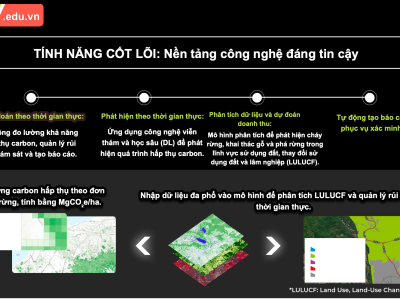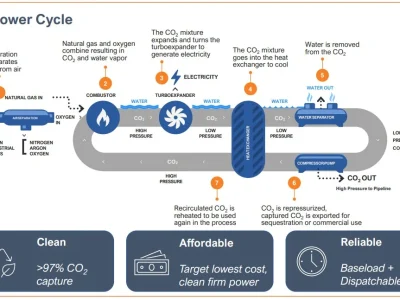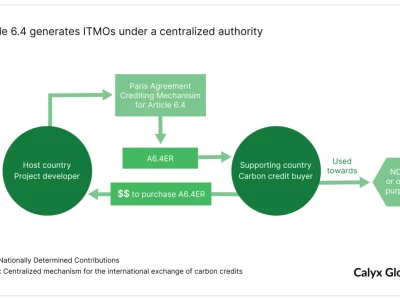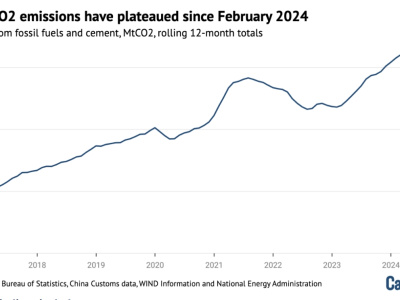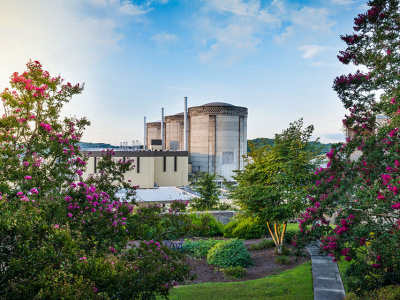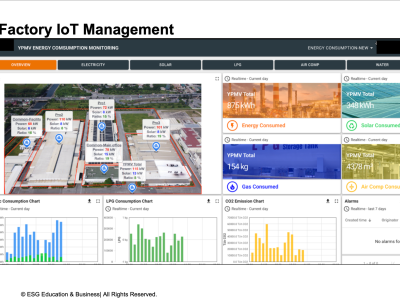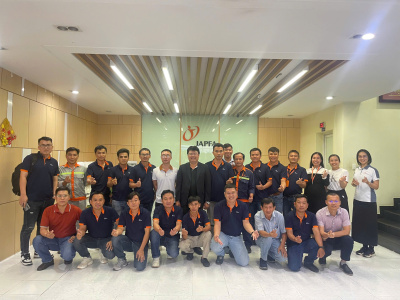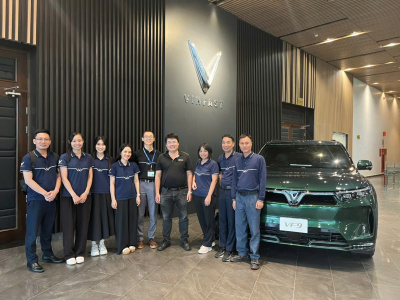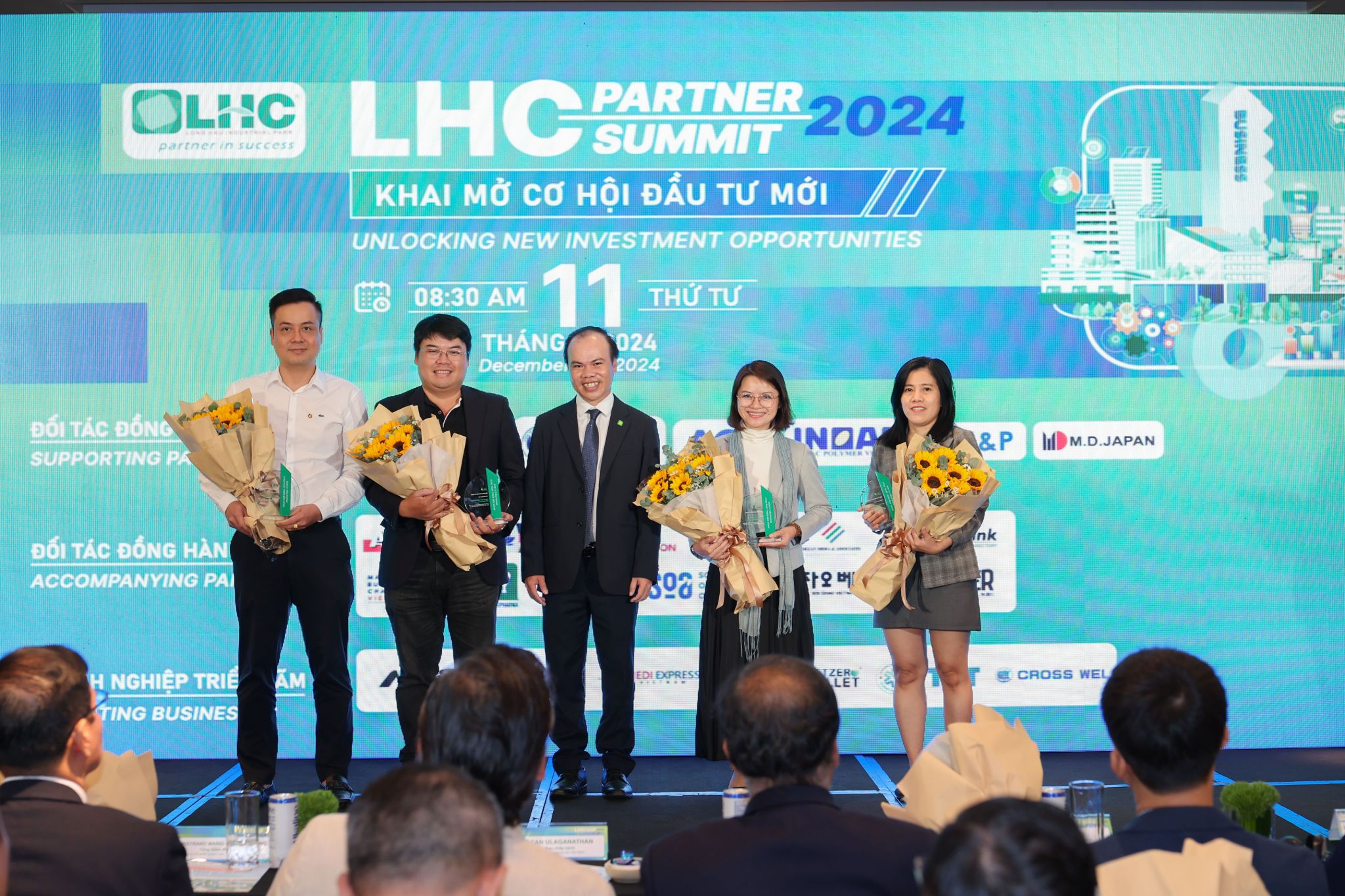 Chuong trinh dao tao
Chuong trinh dao tao
Improving quality for the sustainable development of Ninh Binh’s seafood industry
Taking advantage of the long coastline, diverse ecosystem and initially affirming the quality of Kim Son clams, Ninh Binh is striving to develop the fishery industry in a sustainable direction, and at the same time proactively respond to the challenges posed.
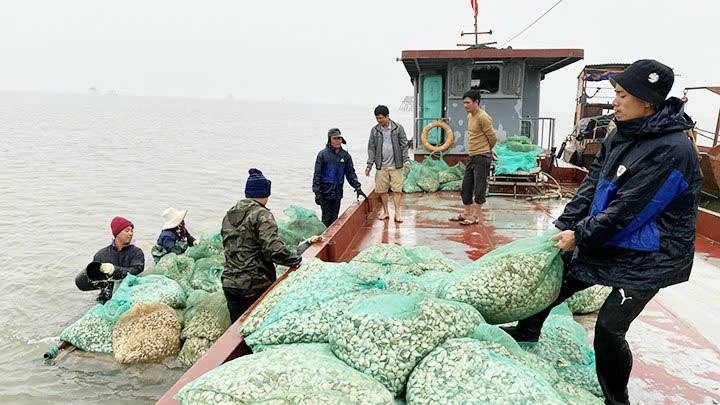
Kim Son clams have achieved the prestigious ASC certification, which has opened up great opportunities to integrate into national markets.
Ninh Binh is gradually realizing the goal of developing a sustainable fisheries industry thanks to its rich natural potential with wetlands, rich mangrove forests and a coastline of more than 18 km. This incentive has created favorable conditions for the expansion of the province’s aquaculture area.
Up to now, Ninh Binh has more than 15,000 hectares of aquaculture area, recording significant successes in shrimp farming models and especially Kim Son clam products. The fact that Kim Son clams have achieved the prestigious ASC certification has opened up great opportunities to integrate into strict international markets. affirming the quality and improving the position of Ninh Binh seafood in the world market.
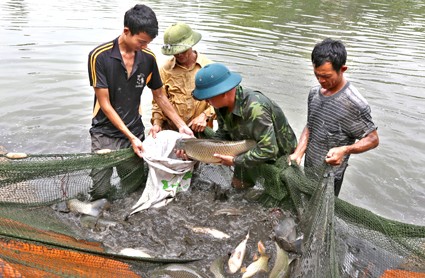
People harvest fish in Gia Phuong commune, Gia Vien district (Photo by Duc Lam).
Mr. Nguyen Van Mon, a long-time clam farmer in Kim Dong commune, Kim Son district, shared: “In the past, our clam farmers mainly relied on traditional experience and often faced risks. Since Kim Son clams have achieved ASC certification, the cultivation process has been more standardized, the product quality is stable, and especially the opportunity to access large markets, the price is also much better.”
However, on the journey towards sustainable development, Ninh Binh’s seafood industry inevitably faces many obstacles. The instability of market prices, depending on intermediary channels, specifically traders, has put producers in a weak position, easily dominated and squeezed prices. Another core problem lies in the shortage of deep processing facilities, which significantly reduces the added value of post-harvest products, missed opportunities to optimize profits and expand the market.
In order to encourage the development of high-tech aquaculture, Ninh Binh province has issued many support policies, including support for investment costs, seeds, feed, disease prevention drugs, and the application of high technology in aquaculture. Resolution 39/2018/NQ-HDND on the development of agricultural economy applying high technology in Ninh Binh is a typical example, demonstrating the province’s determination to create a driving force for the fishery industry to develop in a modern and sustainable direction.
In particular, it is necessary to invest in upgrading and improving aquaculture infrastructure, including transportation and irrigation systems, which is extremely urgent to improve productivity and reduce risks from natural disasters and epidemics. At the same time, the diversification of aquaculture objects through research and development of aquatic species with high economic value, suitable for the typical ecological conditions of the province, will help reduce dependence on a few key products, creating more stability for the industry.
Another key factor lies in the strong investment in the development of the deep processing industry. The construction of modern processing factories not only helps to improve the added value of seafood products but also meets the diverse needs of the market, thereby expanding domestic and international consumption opportunities./.


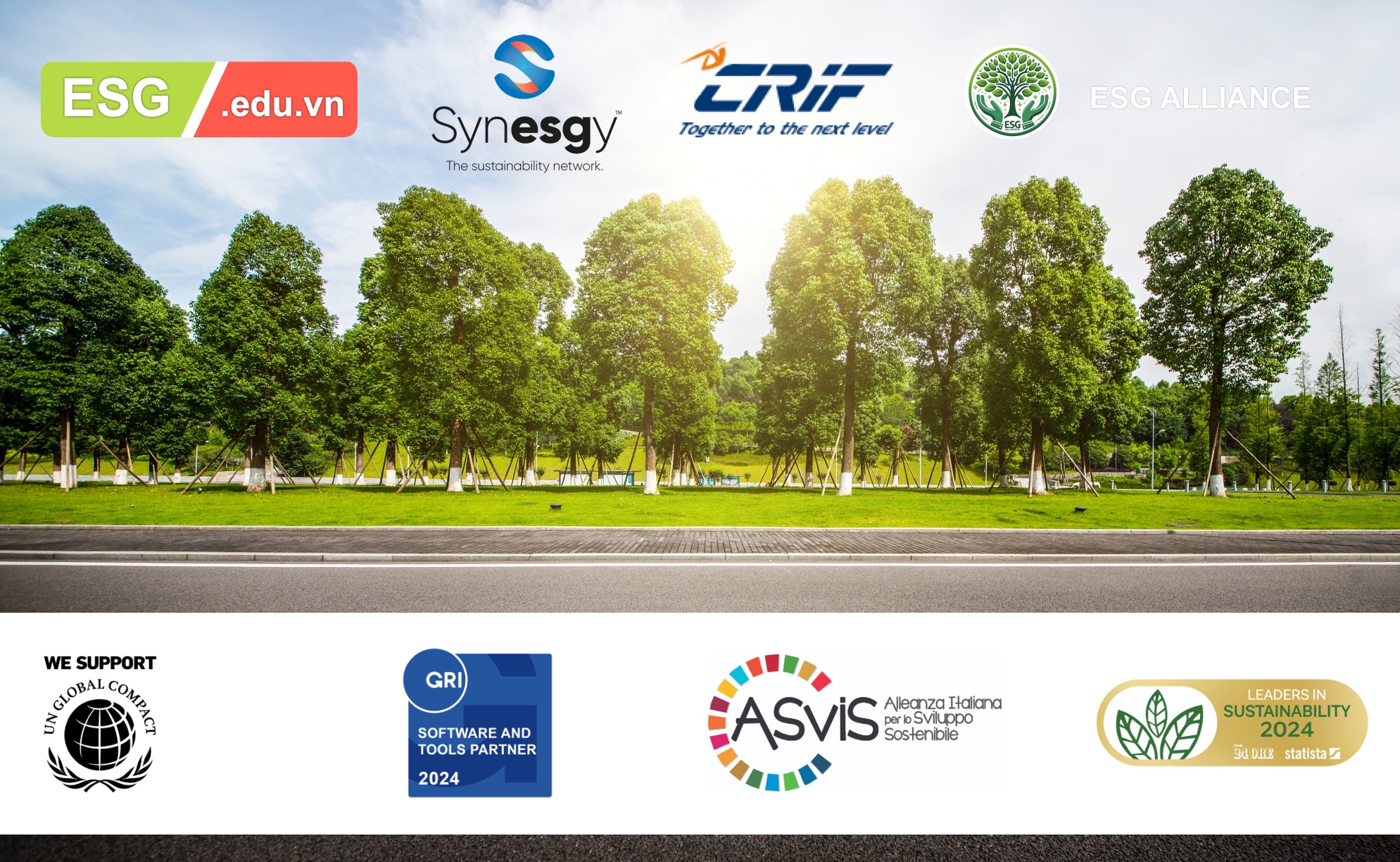








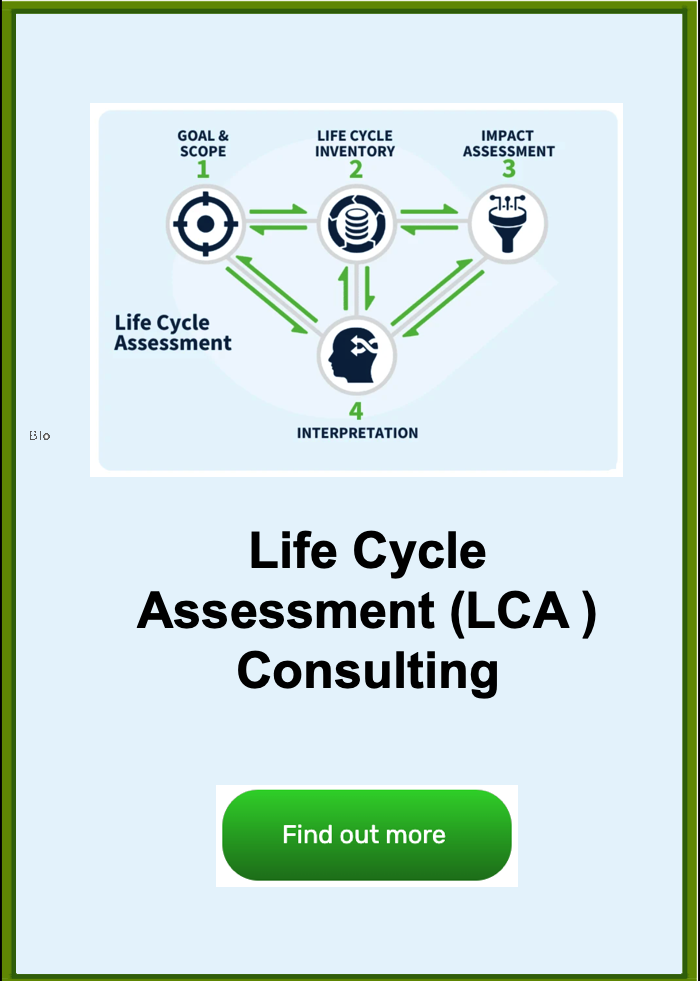
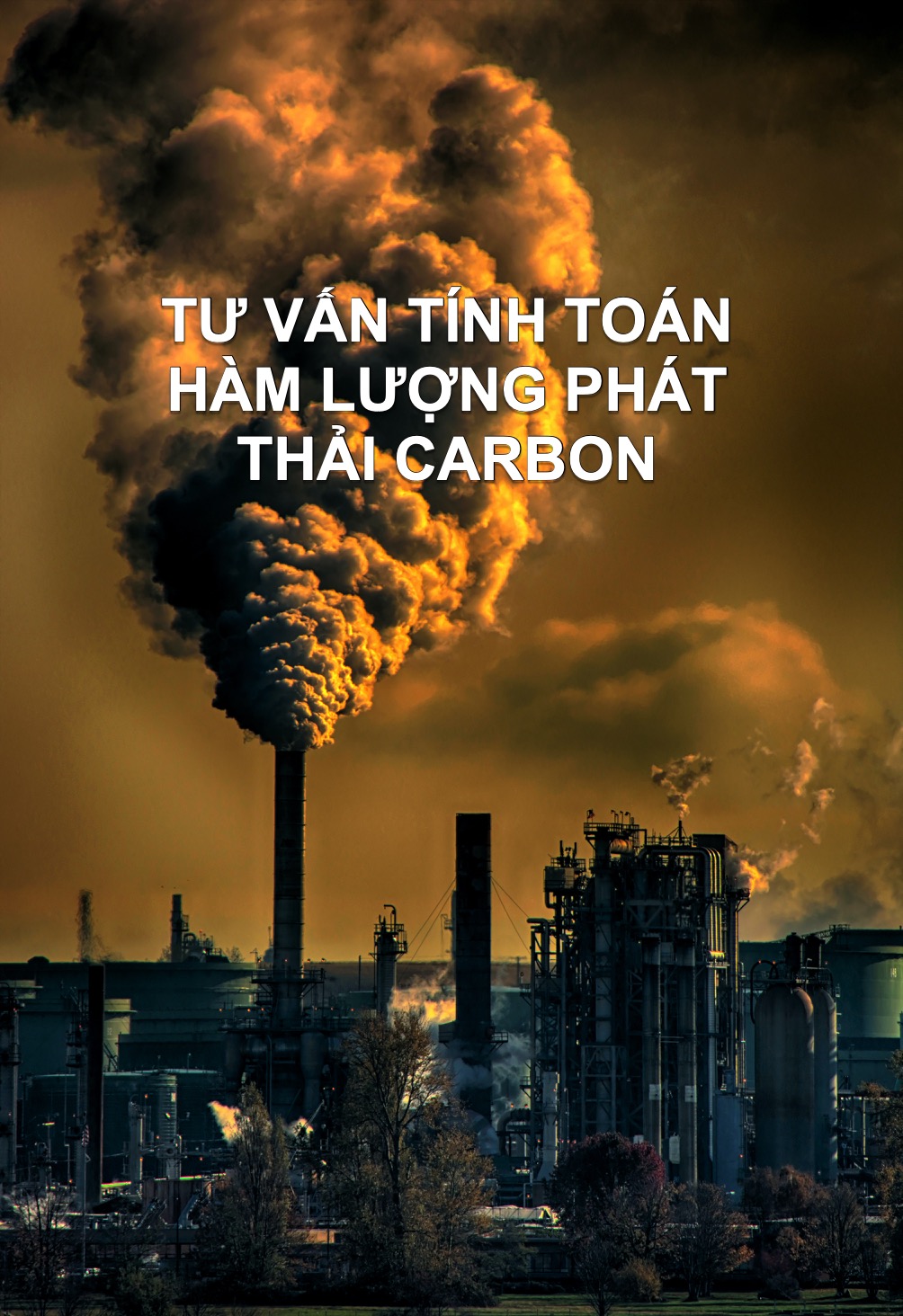
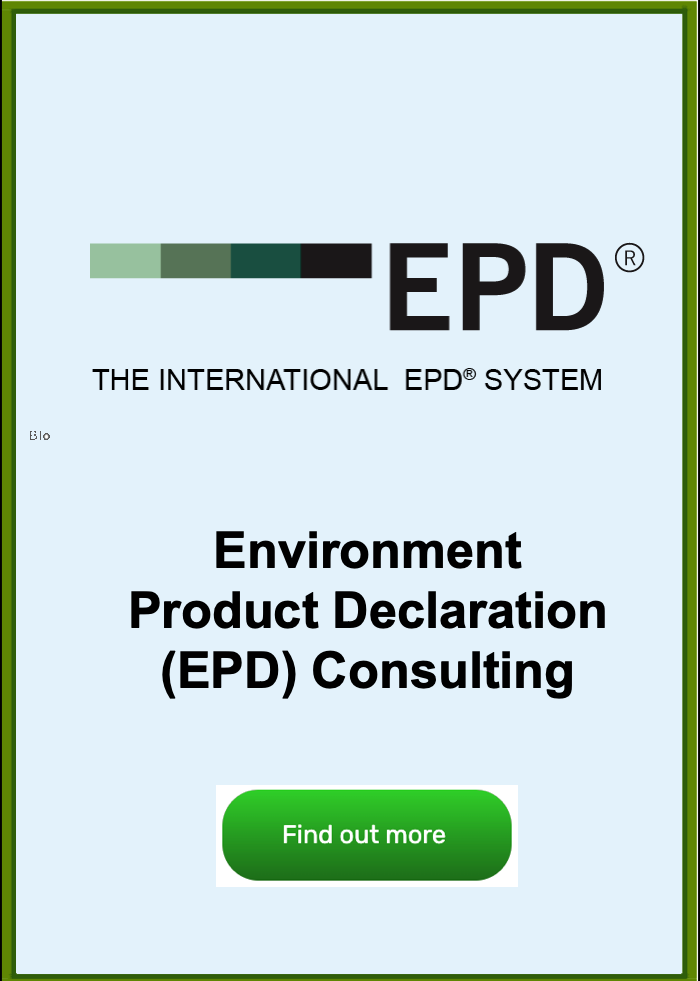
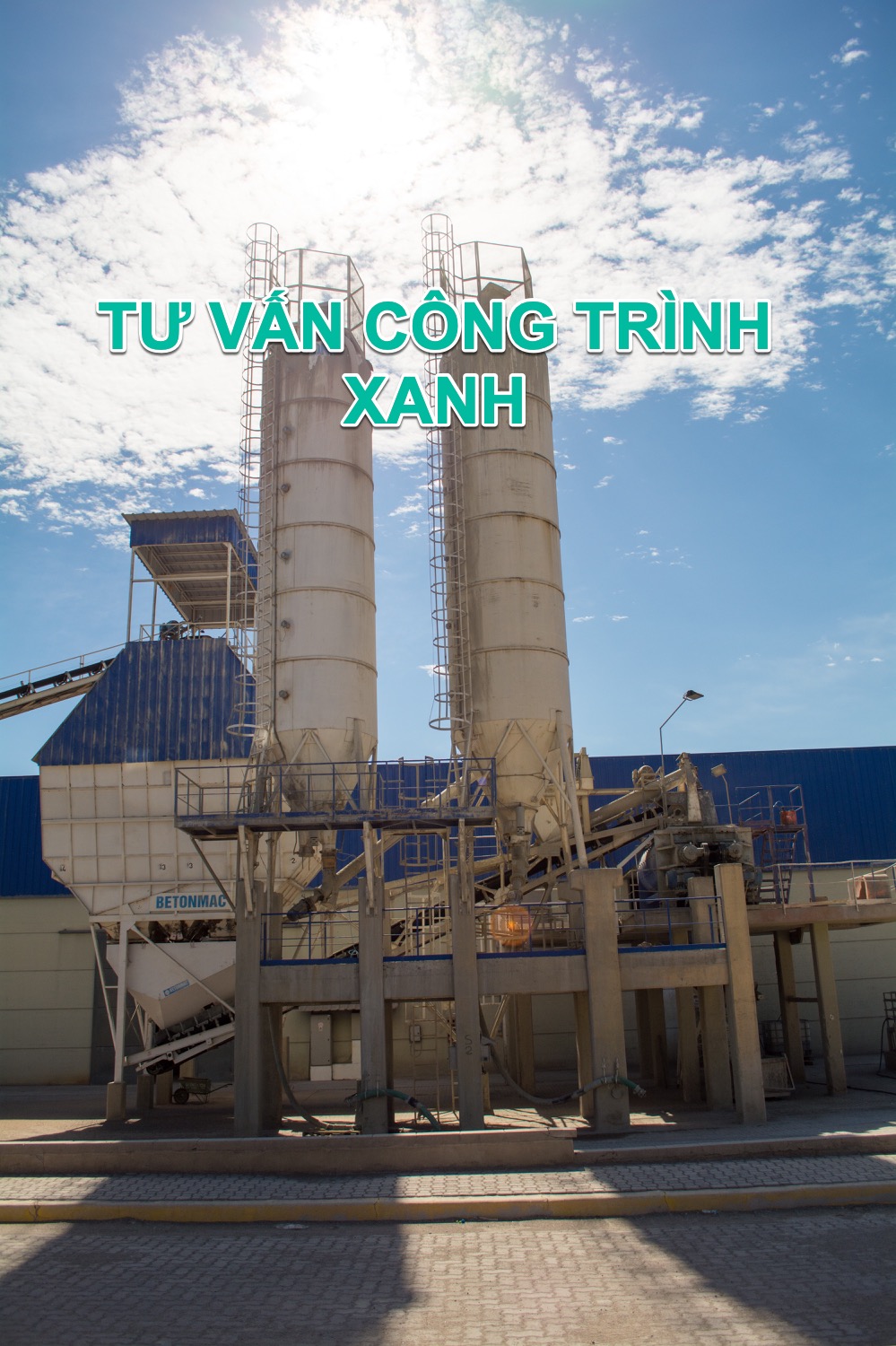
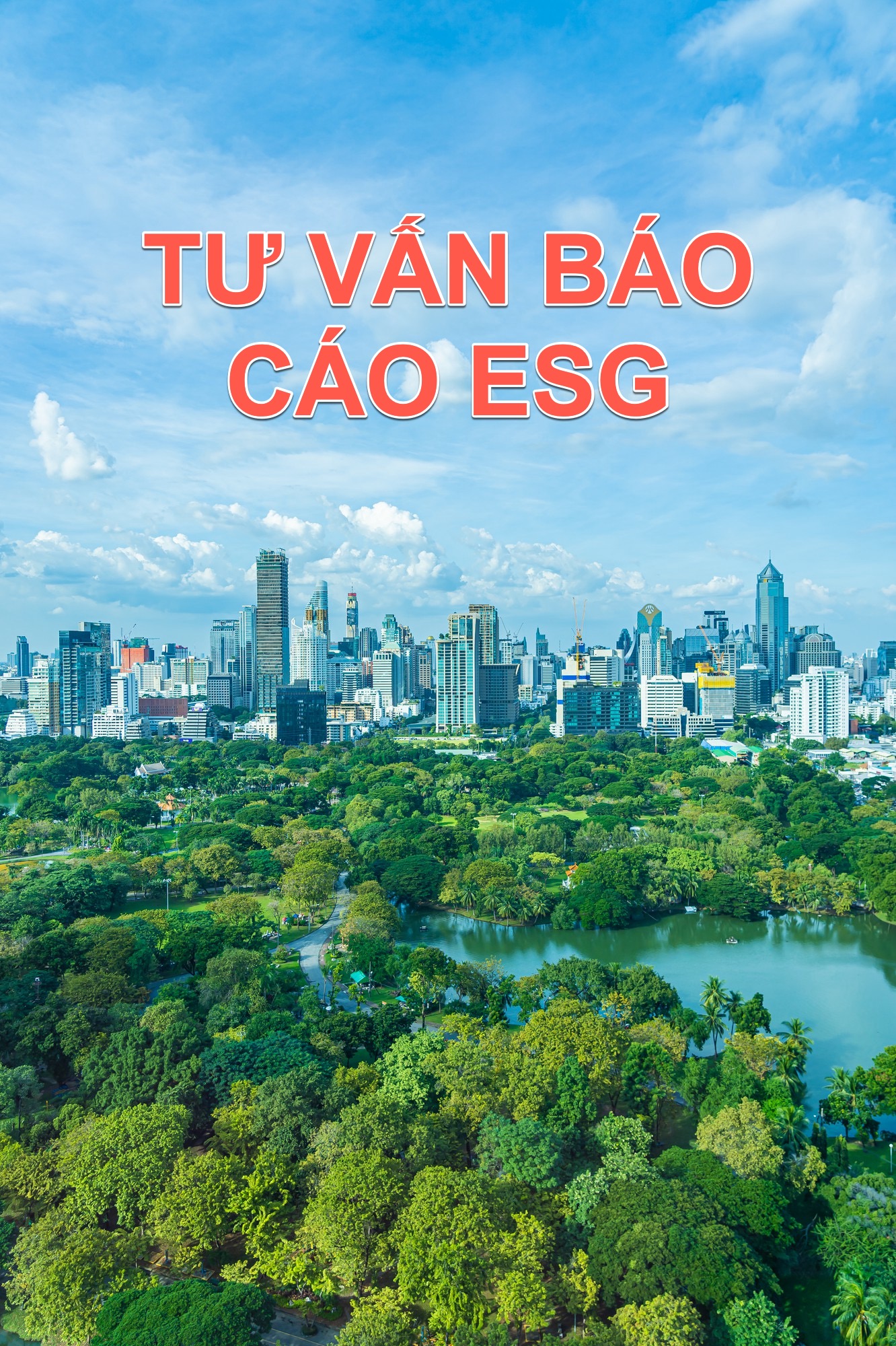

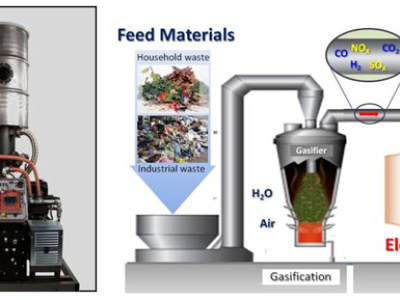
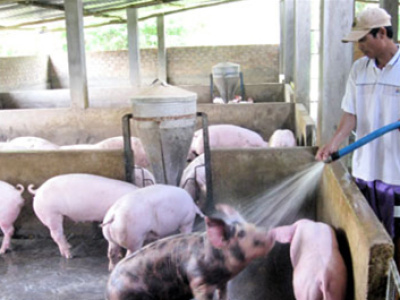
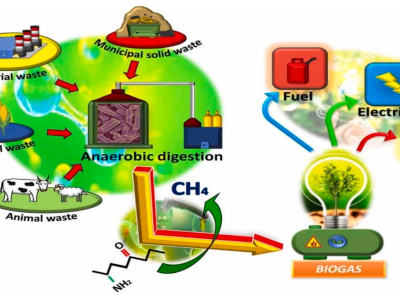
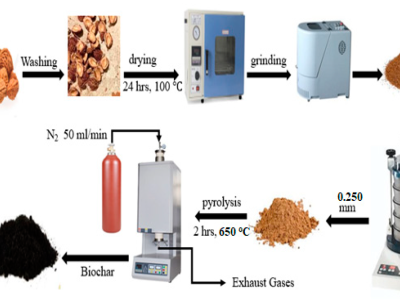
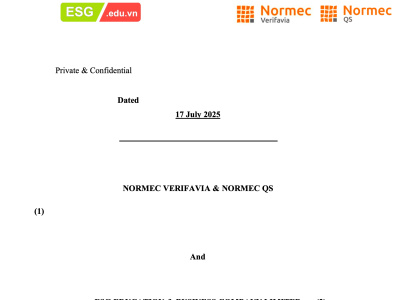
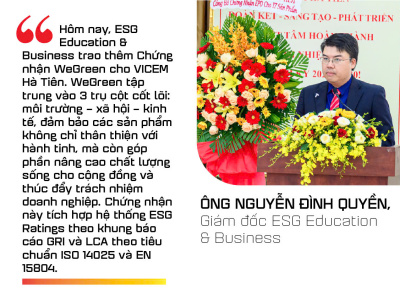
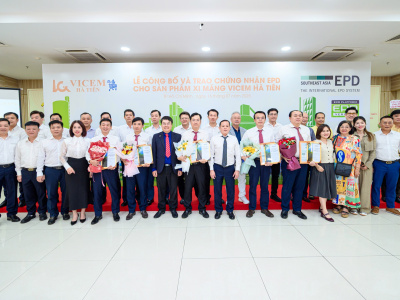
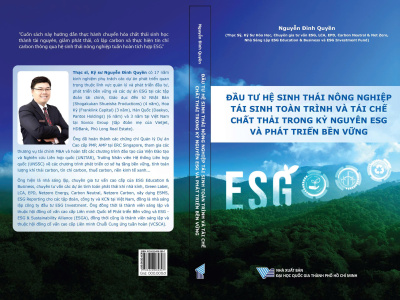
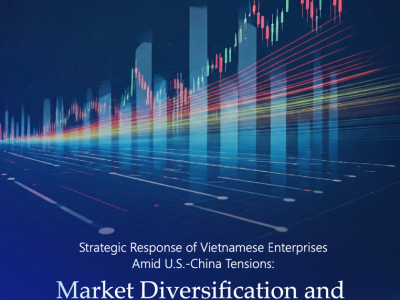
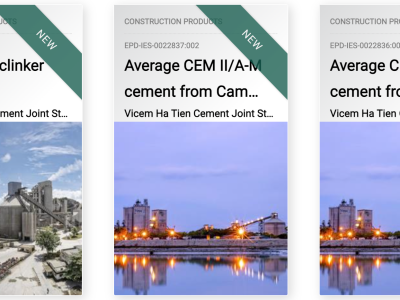
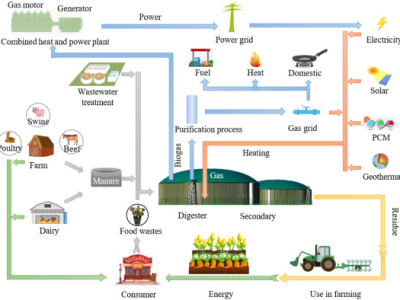
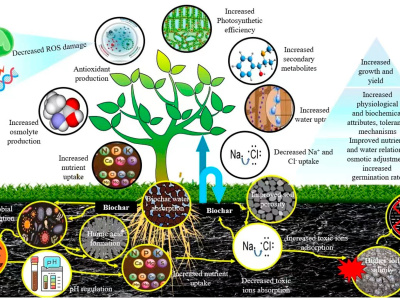
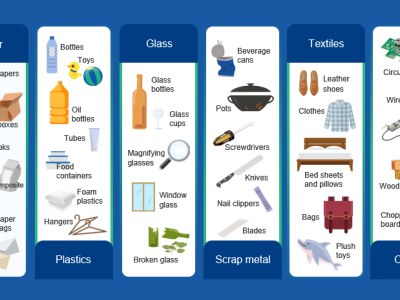
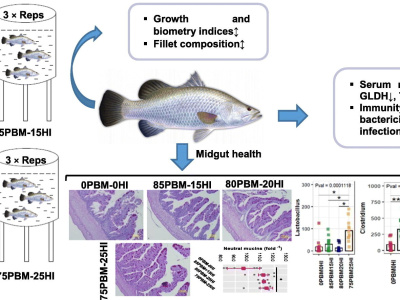
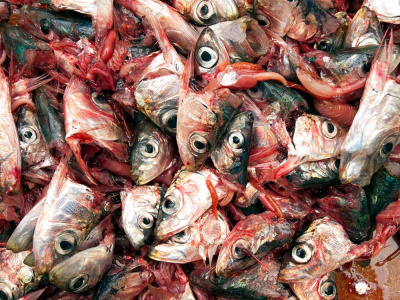
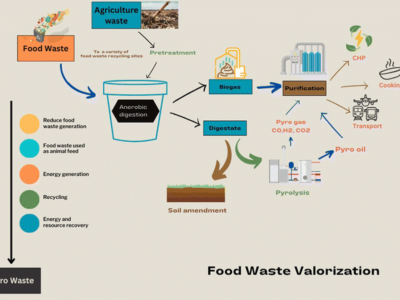
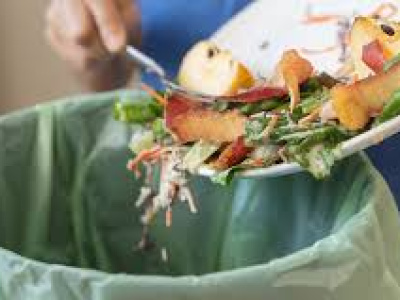
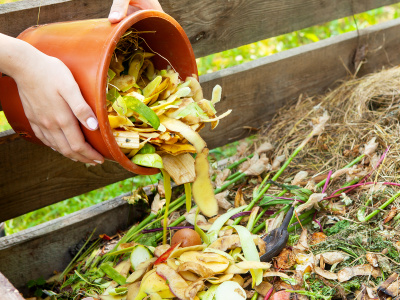
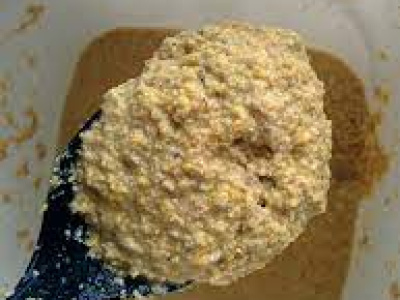
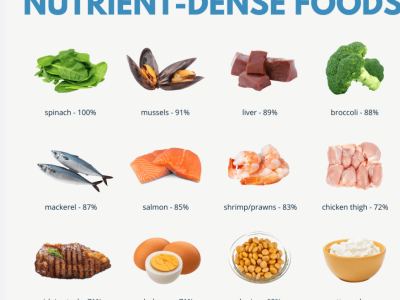
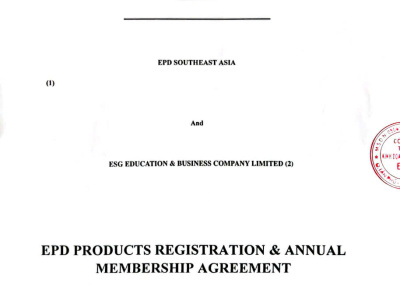
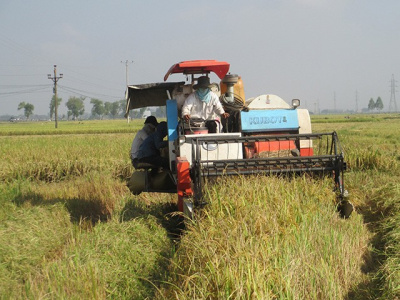
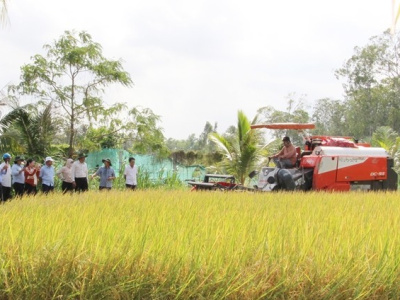
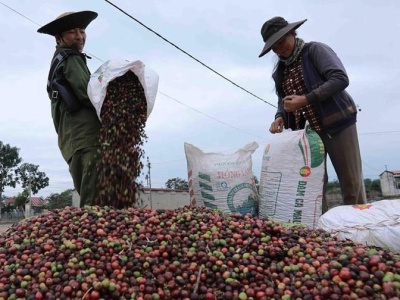
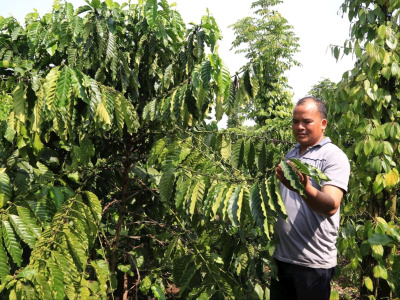
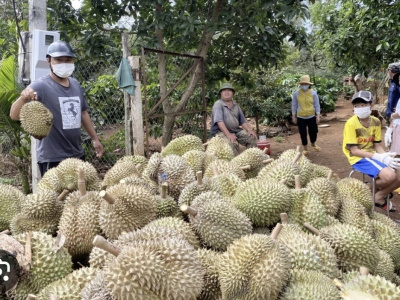
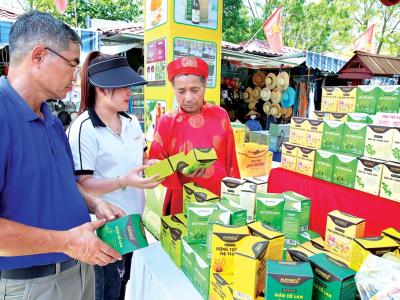
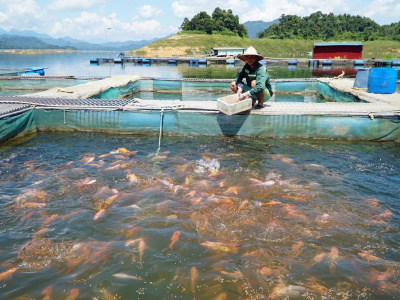
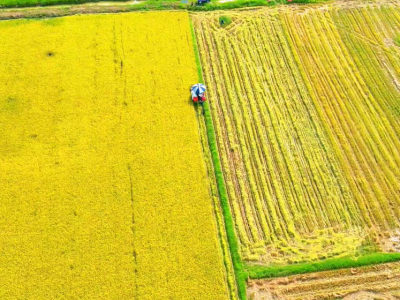
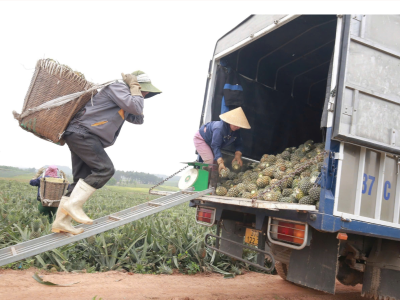
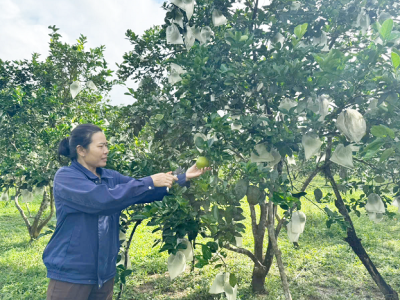
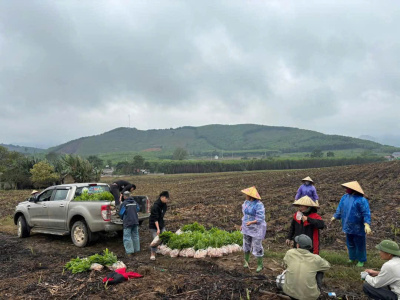
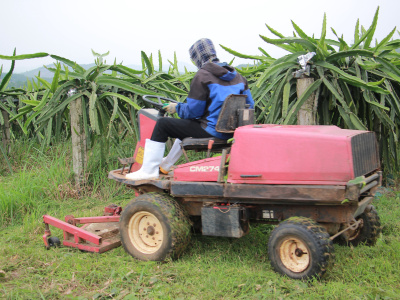
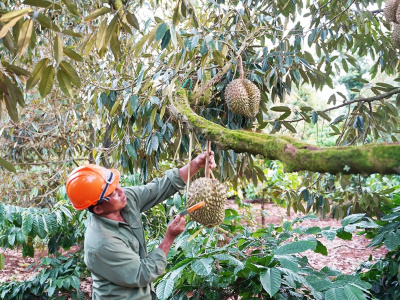
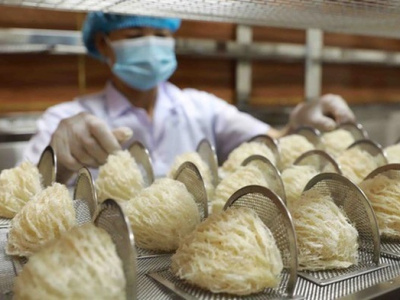
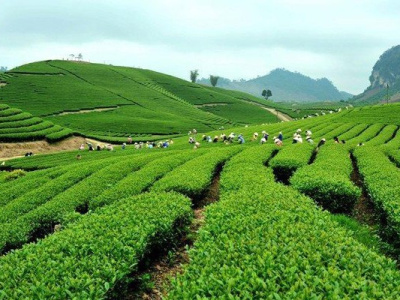
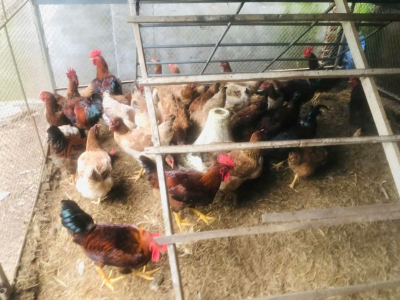
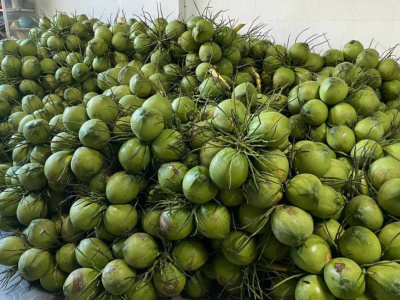
![NGUYỄN ĐÌNH QUYỀN [VN]](https://aseanfarmers.com/wp-content/uploads/NGUYEN-DINH-QUYEN-VN-400x300.png)
